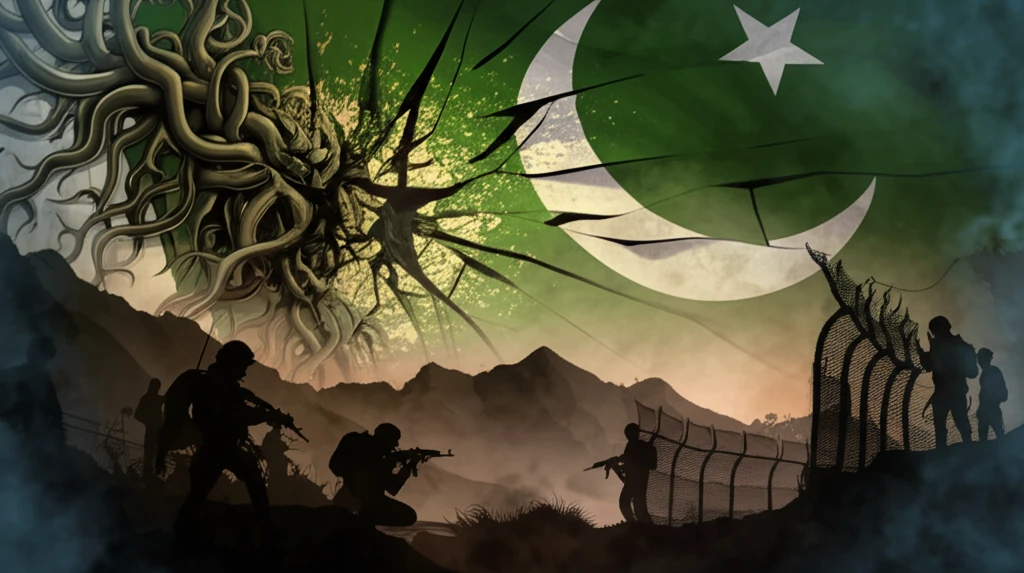
Pakistan's Struggle with Terrorism Post-9/11: Understanding the Roots and Finding Solutions
"Explore the multifaceted challenges of terrorism and politico-religious extremism in Pakistan after 9/11, examining the underlying causes and potential paths towards stability."
Pakistan has faced significant challenges related to terrorism, particularly in the wake of the 9/11 attacks and the subsequent war in Afghanistan. The country grapples with various forms of extremism, including sectarian and politico-religious violence, which have deeply affected its social fabric and stability.
Ethnicity plays a crucial role in understanding the dynamics of conflict in Pakistan. The term 'ethnic' refers to how groups define themselves based on shared language, race, origin, culture, values, and history. These factors contribute to a sense of common descent, shaping identities and influencing social interactions. The rise of terror in Pakistan has destabilized the region.
This article investigates the factors contributing to terrorism in Pakistan post-9/11. Pakistan's role as a frontline state in the war against terrorism has created tension between conservative and moderate elements within Islam, exacerbating existing societal divisions. Addressing this deep-rooted crisis requires a comprehensive, institutional approach involving broad participation.
How Did the War in Afghanistan Reshape Pakistan's Security Landscape?

Pakistan's involvement as a frontline state after the 9/11 attacks significantly altered its internal security dynamics. The war in Afghanistan reshaped the entire region, drawing various Afghan groups and foreign fighters into the conflict. This influx had a profound effect on Pakistan, leading to increased sectarian violence and the rise of religious extremism.
- Increased Sectarian Violence: The influx of foreign fighters and the polarization of society along religious lines led to a surge in sectarian violence.
- Rise of Religious Extremism: Extremist groups gained prominence, exploiting the Afghan war to promote their ideologies.
- Terrorist Activities: Pakistan became a hub for terrorist activities, with groups operating both domestically and internationally.
- Global Image Crisis: Pakistan's reputation suffered due to the increase in violence and the presence of terrorist groups.
Towards a More Stable Future: Pakistan's Path Forward
Addressing the issue of terrorism in Pakistan requires a multi-faceted approach. This includes strengthening law enforcement, promoting education, addressing socio-economic disparities, and fostering interfaith dialogue. It also requires regional cooperation to address the root causes of extremism and prevent the flow of foreign fighters.
